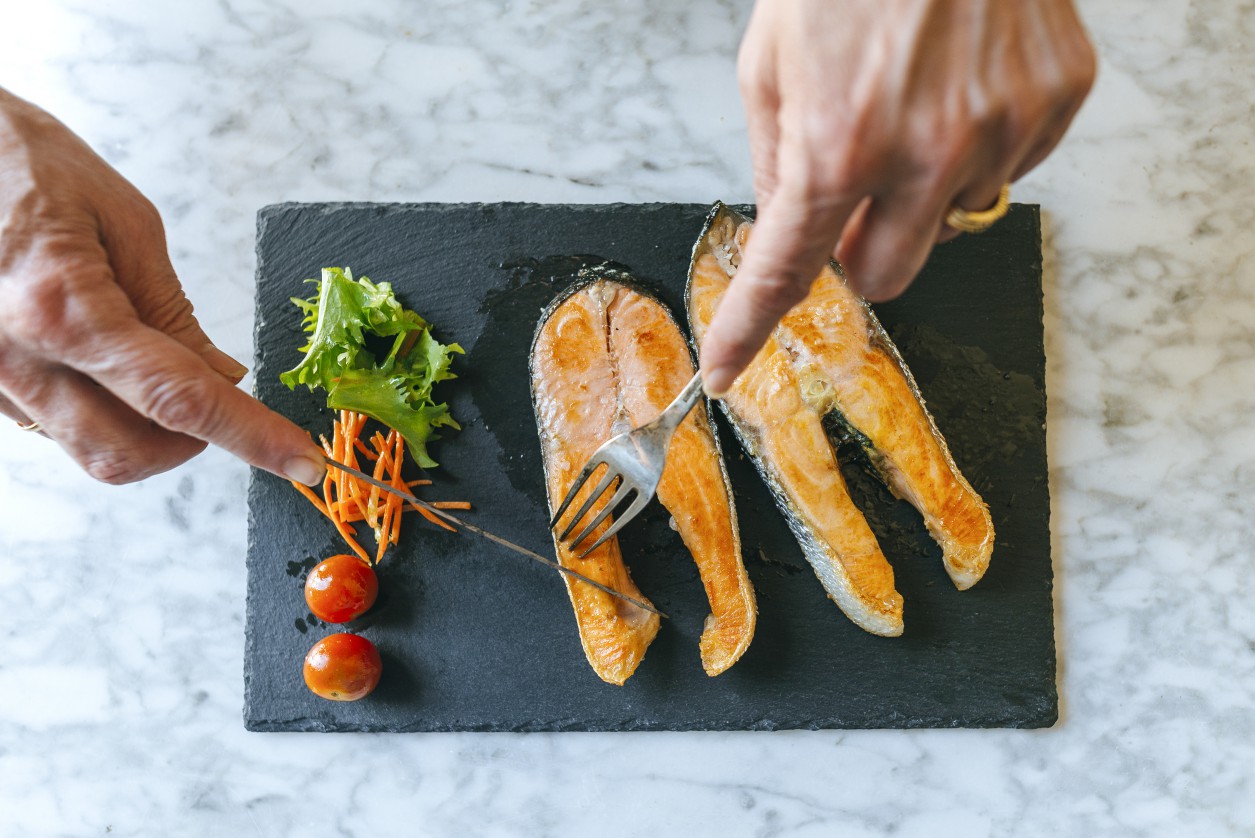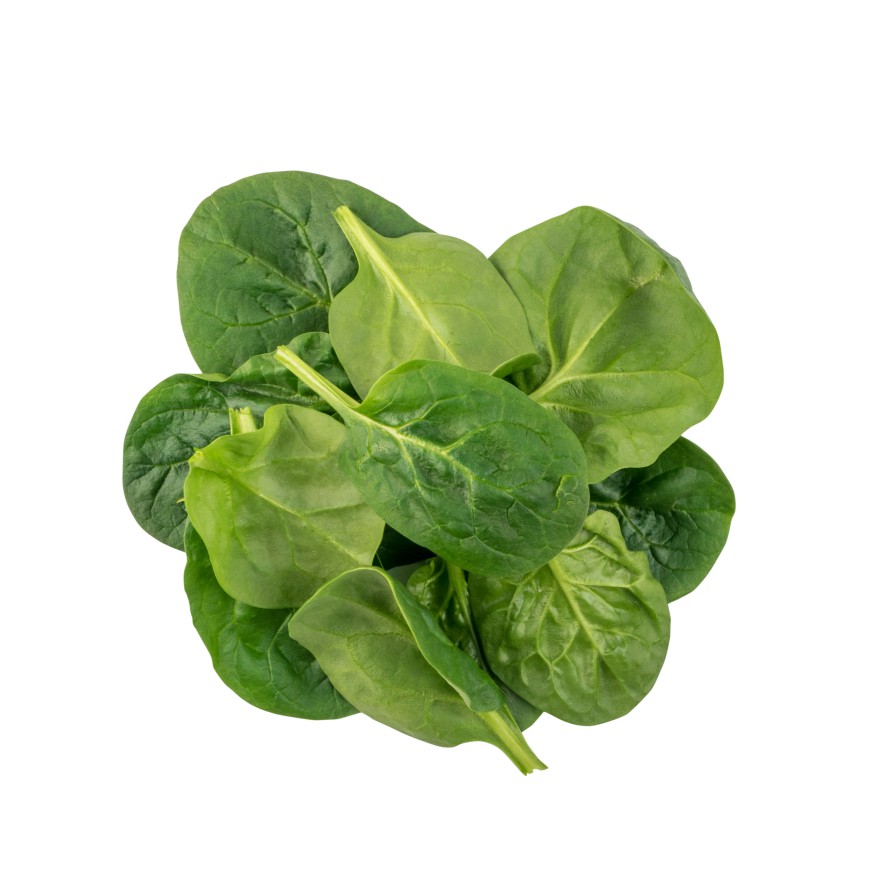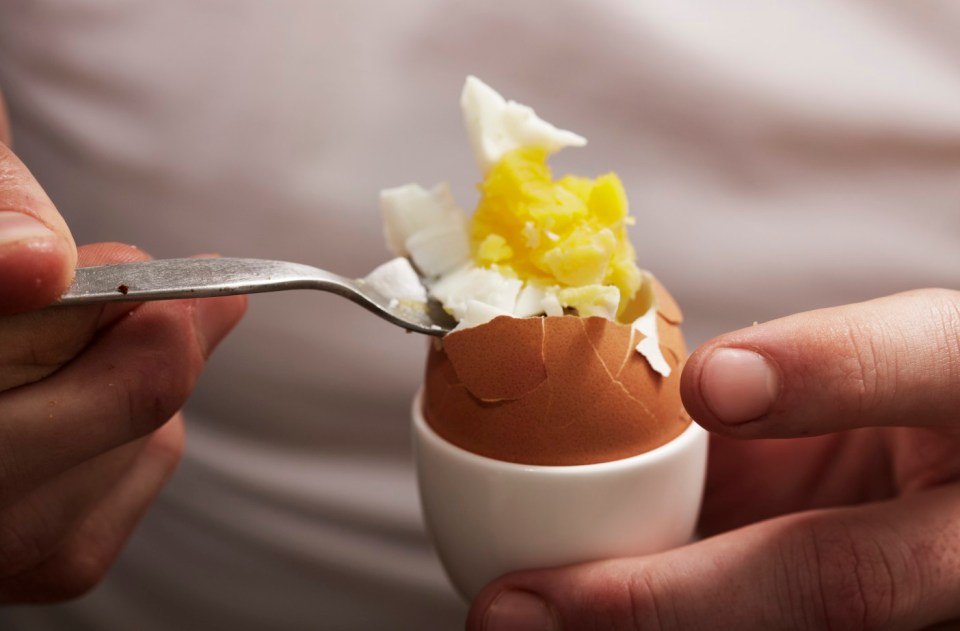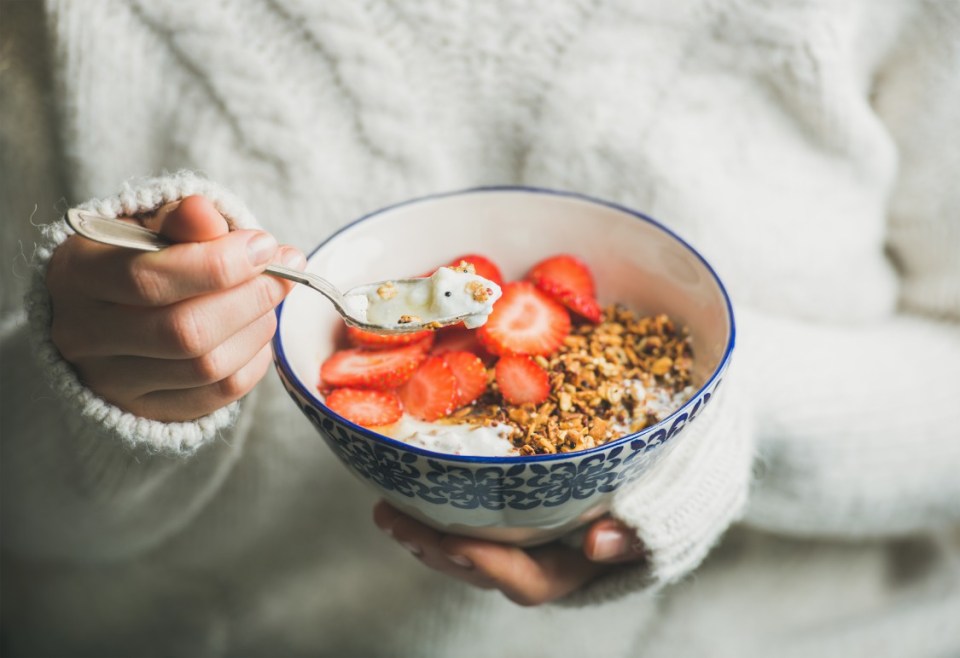SUMMER might be great for your tan but your hair – not so much.
As the heatwave rolls on, hair experts are warning that rising temperatures, sun exposure and sticky humidity could be silently wrecking your locks.
According to Sam Cinkir, CEO of top UK skin and hair clinic Este Medical Group, the summer months bring a cocktail of factors that can secretly sabotage your strands and lead to frizz, breakage and even bald spots.
Sam warns: “Warmer temperatures, increased exposure to the sun and higher levels of humidity can all combine to cause problems for our hair in summer.”
While we slather on SPF to protect our skin, our hair often gets forgotten and that’s when trouble starts.
The heat can dry out your strands, zap moisture from your scalp, and weaken hair follicles, making hair more prone to thinning and damage.
Humidity adds insult to injury, lifting the cuticle layer of the hair and letting in moisture, which causes swelling, frizz, and that all-too-familiar ‘triangle head’ situation.
“You might find your locks more susceptible to issues such as breakage, split ends, frizziness or even hair loss,” Sam told The Sun.
But it turns out, the real hair hero isn’t sitting on a salon shelf, it could already be in your kitchen.
Sam explains that a few simple dietary tweaks can play a big role in restoring shine, strength and scalp health during the hotter months.
He recommends focusing on foods rich in protein, omega-3 fatty acids, and key nutrients like vitamins A, C and E, along with iron and zinc.
These are all crucial for keeping the hair follicle strong, encouraging healthy growth, and locking in moisture.
And don’t forget hydration. A dry scalp is an unhappy scalp and not drinking enough water can leave both your hair and skin looking parched.
So what should you be eating?
Oily fish
Sam highlights oily fish, like mackerel, herring and tuna, as one of the top summer saviours.
These fish are packed with omega-3s, which help nourish the scalp and improve blood flow to hair follicles, key for reducing inflammation and preventing shedding.
Leafy greens
Leafy greens are another smart swap.
Spinach, kale and bok choy are rich in iron and vitamin C.
Vitamin C helps your body produce collagen, a protein that keeps your hair strong and structured.
Eggs
Sam also notes that eggs are a brilliant source of keratin.
Keratin is the main protein your hair is made of and plays a big part in preventing thinning.
So it’s important to add this breakfast staple into your diet if you want to combat thinning hair.
Greek yogurt
For a tasty way to end the day, try a bowl of Greek yogurt.
Not only is it high in protein, but it also contains vitamin B5, which supports healthy hair texture and cell renewal. It even helps with dandruff by keeping the scalp nourished.
With tubs going for around £3.50 in most supermarkets, it’s a small price to pay for big results and certainly cheaper than an emergency trip to the salon.
You can also add nuts and seeds for added benefits.
Nuts and seeds, such as almonds, pumpkin seeds and flaxseeds, are packed with biotin and healthy fats that boost keratin production and encourage growth.
So, if your hair’s looking limp, frizzy or falling out more than usual, it might not be your shampoo to blame.
The answer could be on your plate and a few simple swaps could be all it takes to save your summer strands.
Hair re-growth FAQs
Anabel Kingsley, Consultant Trichologist and Brand President at Philip Kingsley spoke exclusively to Fabulous.
How long does it take for hair to grow back?
Hair grows, on average, half an inch a month. You cannot speed this up.
Do rosemary oil and scalp massages work?
Oils do not promote hair growth. In terms of rosemary oil, the current trend stems from one small study carried out on 50 men in 2015. No women were involved, and the study compared the effects of 2 per cent minoxidil to Rosemary oil. 2 per cent minoxidil doesn’t do much for
male pattern hair loss anyway, so the results were not very impressive. Oils do serve a purpose in conditioning hair treatments though. They help add shine and smooth the hair cuticle to lock-in moisture and improve combability. Scalp massages alone won’t cure hair loss, but it can help relax you, aid in lymphatic drainage, exfoliate and help topicals penetrate.
Are there any products or foods/vitamins you recommend someone using or eating to help with hair regrowth?
To support healthy hair regrowth, if you are experiencing hair thinning we’d recommend our Density Preserving Scalp Drops clinically proven to help slow hair loss with continued daily use within three months.
Telogen effluvium (hair shedding) due to nutritional deficiencies can often be simply treated with changes to your diet, and nutritional supplements such as our specially formulated Density Healthy Hair Complex and Density Amino Acid Booster.
Iron and Ferritin (stored iron) in red meat, dried apricots and dark, leafy greens. Vitamin B12 in animal products and fortified plant-based foods. Protein from oily fish, lean meat, cottage cheese, tofu, nuts, chickpeas, and beans.
However, there may be an underlying cause for their hair loss and rather than this being masked by using an off-the-shelf product, they should be encouraged to seek the advice of a specialist such as a Trichologist.


















